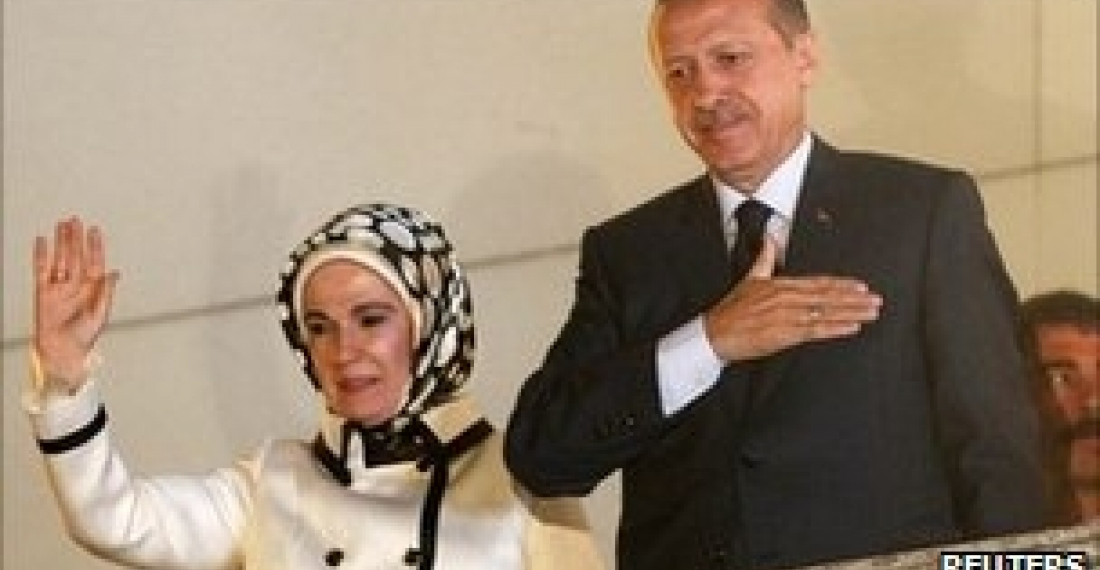The Turkish Prime Minister Recep Tayyip Erdogan will visit Baku on Wednesday for meetings with the Azerbaijani president and other officials.
Turkish-Azerbaijani relations are close but complicated, and have in recent years been under some strain as Azerbaijan became more assertive in its demands from Turkey, and as Turkey has tried to have a more balanced foreign policy vis-a-vis its Caucasian neighbours.
During the visit Erdogan is expected to again publicy reiterate Turkey's support for Azerbaijan and its leadership, particularly on the Karabakh conflict. In private however there are likely to be some frank exchanges between the two leaders.
An important issue is energy. The Turkish Daily Todays Zaman has reported that talks between Turkey and Azerbaijan over natural gas sale contracts from the second development phase of the Shah Deniz field have hit a snag over jurisdictional issues and legal rights. The paper was quoting a senior executive of the State Oil Company of the Azerbaijan Republic (SOCAR).
Speaking to a group of Turkish reporters in Baku last week, Khalik R. Mammadov, vice president of SOCAR, and Vagif Aliyev, general manager of the investments division, said most of the details of the contract, including transit fees, volumes of gas and transportation options, have been finalized. Yet both said the disagreement over what legal jurisdiction will govern the deal still hangs in the air.
source: commonspace.eu newsroom, with additional reporting from Todays Zaman and News.az







